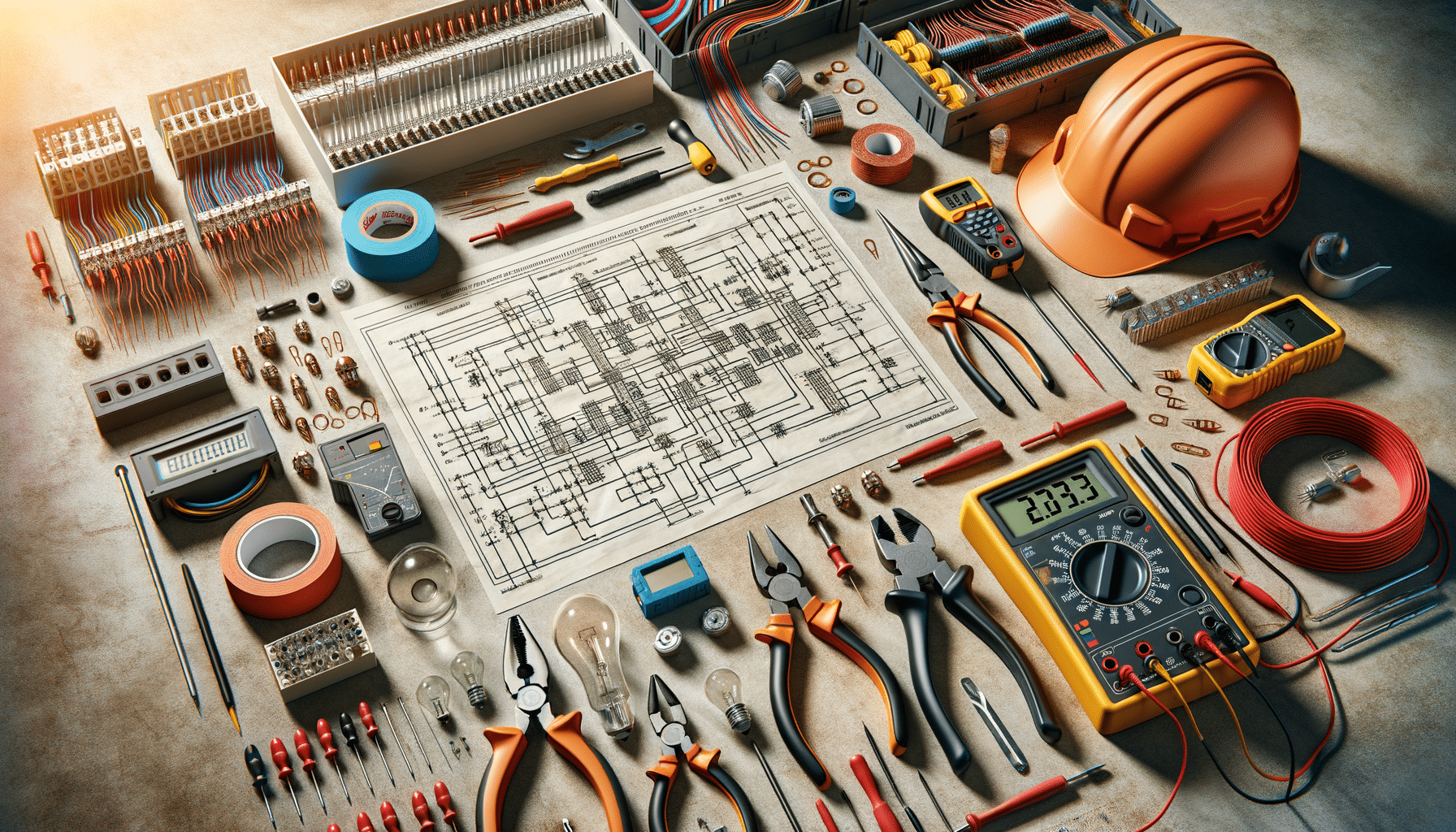
Train as an Electrician in Germany — Stability Starts Here
Introduction to Electrician Training
Electrician training is a crucial pathway for those interested in a hands-on career that offers both stability and growth potential. As the world continues to rely heavily on electricity, skilled electricians are in high demand. In Germany, the need for qualified electricians is particularly pressing due to the country’s strong industrial base and commitment to sustainable energy solutions. This section explores the importance of electrician training, highlighting the opportunities it presents for individuals seeking a fulfilling career.
Electricians play a pivotal role in maintaining and developing the infrastructure that powers homes, businesses, and industries. With the rise of renewable energy sources and smart technologies, the scope of an electrician’s work is expanding. This evolution requires a comprehensive training program that equips future electricians with the knowledge and skills to tackle modern challenges.
Training as an electrician in Germany involves a blend of theoretical education and practical experience. This dual approach ensures that trainees not only understand the principles of electrical systems but also gain hands-on experience in real-world settings. The training typically includes:
- Understanding electrical circuits and systems
- Installation and maintenance of electrical equipment
- Safety protocols and regulations
- Renewable energy technologies
By completing an electrician training program, individuals are well-prepared to enter a dynamic field that offers numerous career paths, from residential and commercial work to industrial and renewable energy sectors.
The Structure of Electrician Training Programs
Electrician training programs in Germany are structured to provide a comprehensive education that balances theory and practical application. Typically, these programs are part of the dual education system, which combines classroom instruction with on-the-job training. This method ensures that trainees receive a holistic education that prepares them for the diverse challenges they will face in their careers.
The classroom component covers essential topics such as electrical theory, mathematics, and physics, providing a strong foundation in the scientific principles that govern electrical systems. Trainees learn about electrical codes, standards, and safety practices, which are critical for ensuring compliance with industry regulations.
On-the-job training takes place in real-world environments, where trainees work alongside experienced electricians. This hands-on experience is invaluable, as it allows trainees to apply their classroom knowledge to practical situations. They learn how to install, maintain, and repair electrical systems, gaining confidence and competence in their abilities.
Throughout the training program, trainees are assessed on their skills and knowledge, ensuring they meet the high standards required in the industry. Upon completion, they are typically awarded a certification or diploma, signaling their readiness to enter the workforce as qualified electricians.
Career Opportunities and Advancement in the Electrical Industry
The electrical industry in Germany offers a wide range of career opportunities for trained electricians. With the country’s strong focus on industrial development and renewable energy, electricians are needed in various sectors, including:
- Residential and commercial construction
- Industrial maintenance and repair
- Renewable energy installations
- Smart technology integration
Electricians can choose to specialize in specific areas, such as solar panel installation or industrial automation, allowing them to tailor their careers to their interests and strengths. As they gain experience, electricians can advance to supervisory or managerial roles, overseeing projects and leading teams.
For those interested in furthering their education, opportunities exist to pursue advanced certifications or degrees in electrical engineering or related fields. This additional education can open doors to even more specialized roles, such as electrical design or consulting.
The demand for skilled electricians is expected to grow as Germany continues to invest in infrastructure and sustainable energy solutions. This growth presents a promising future for individuals entering the field, offering job security and the potential for career advancement.


